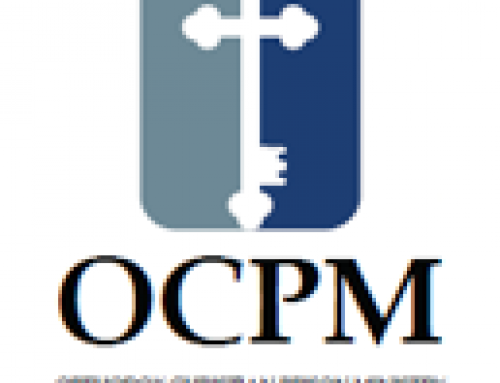This post was originally published on this site
Introduction
Of the multitude of saints in the Orthodox Church, only three are given the title of “Theologian”. St. Symeon’s intimate experience of God, as detailed in his Hymns of Divine Love, grants him this honor. To learn more about St. Symeon’s life, please read this month’s There’s a Saint for That. Today, we will be discussing his twenty-fifth hymn.
We recommend sharing this recording of St. Symeon’s pre-communion prayer with your OCF chapter. The choir, whose parish is dedicated to this saint, brings out the beauty of St. Symeon’s poetry.
Text
But, O what intoxication of light, O what movements of fire!
O, what swirlings of the flame in me, miserable one that I am, coming from Thee and Thy glory!
The glory I know it and I say it is Thy Holy Spirit, who has the same nature with Thee and the same honor, O Word;
He is of the same race, of the same glory, of the same essence, He alone with Thy Father and with Thee, O Christ, O God of the universe!
I fall down in adoration before Thee.
I thank Thee that Thou hast made me worthy to know, however little it may be, the power of Thy divinity.
I thank Thee that Thou, even when I was sitting in darkness, didst reveal Thyself to me, Thou dost enlighten me, Thou dost grant me to see the light of Thy countenance that is unbearable to all.
I remained seated in the middle of the darkness, I know, but, while I was there surrounded by darkness, Thou didst appear as light, illuminating me completely from Thy total light.
And I became light in the night, I who was found in the midst of darkness.
Neither the darkness extinguished Thy light completely, nor did the light dissipate the visible darkness, but they were together, yet completely separate, without confusion, far from each other, surely, not at all mixed, except in the same spot where they filled everything, so it seems to me.
So I am in the light, yet I am found in the middle of the darkness.
So I am in the darkness, yet still I am in the middle of the light.
Discussion Questions
- How does this passage demonstrate how we interact with God on earth?
- In what ways does St. Symeon’s experience of Christ compare with that of the apostles?
- How does St. Symeon’s twenty-fifth hymn explicate St Athanasios famous maxim, “God became man so that man may become God”?
- What are ways in which our souls are covered by darkness and how can rationalization sometimes relate to that darkness?
- The Old & New Testaments as well as another prayer said before Holy Communion refers to God as Fire:
Behold, I approach the Divine Communion. O Creator, let me not be burnt by communicating: For Thou art Fire, consuming the unworthy. But, rather, purify me of all impurity. (St Symeon Metaphrastes)
What is it about light and fire that causes them to be some of the primary ways we refer to both God and the Mysteries of the Church?



